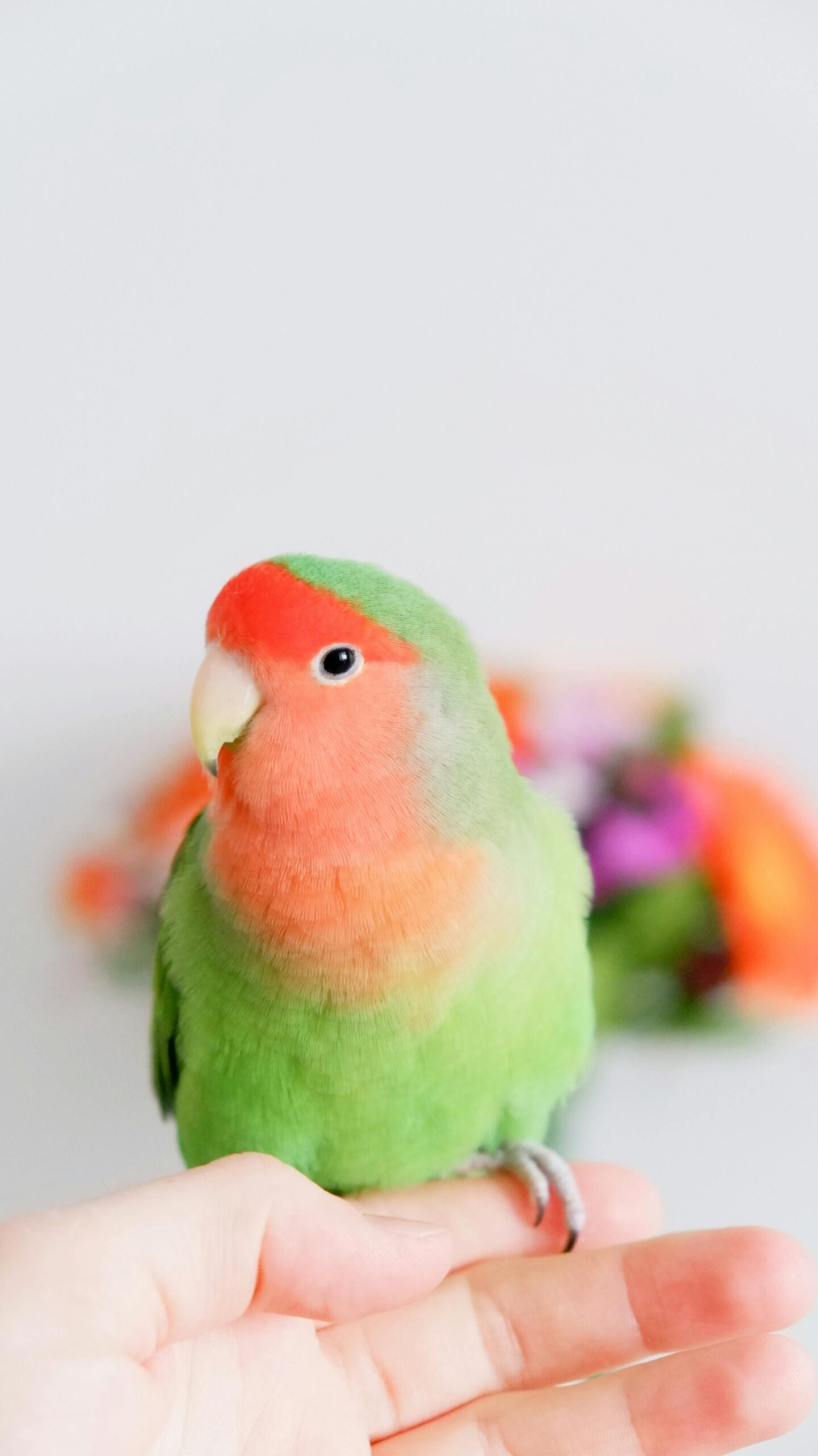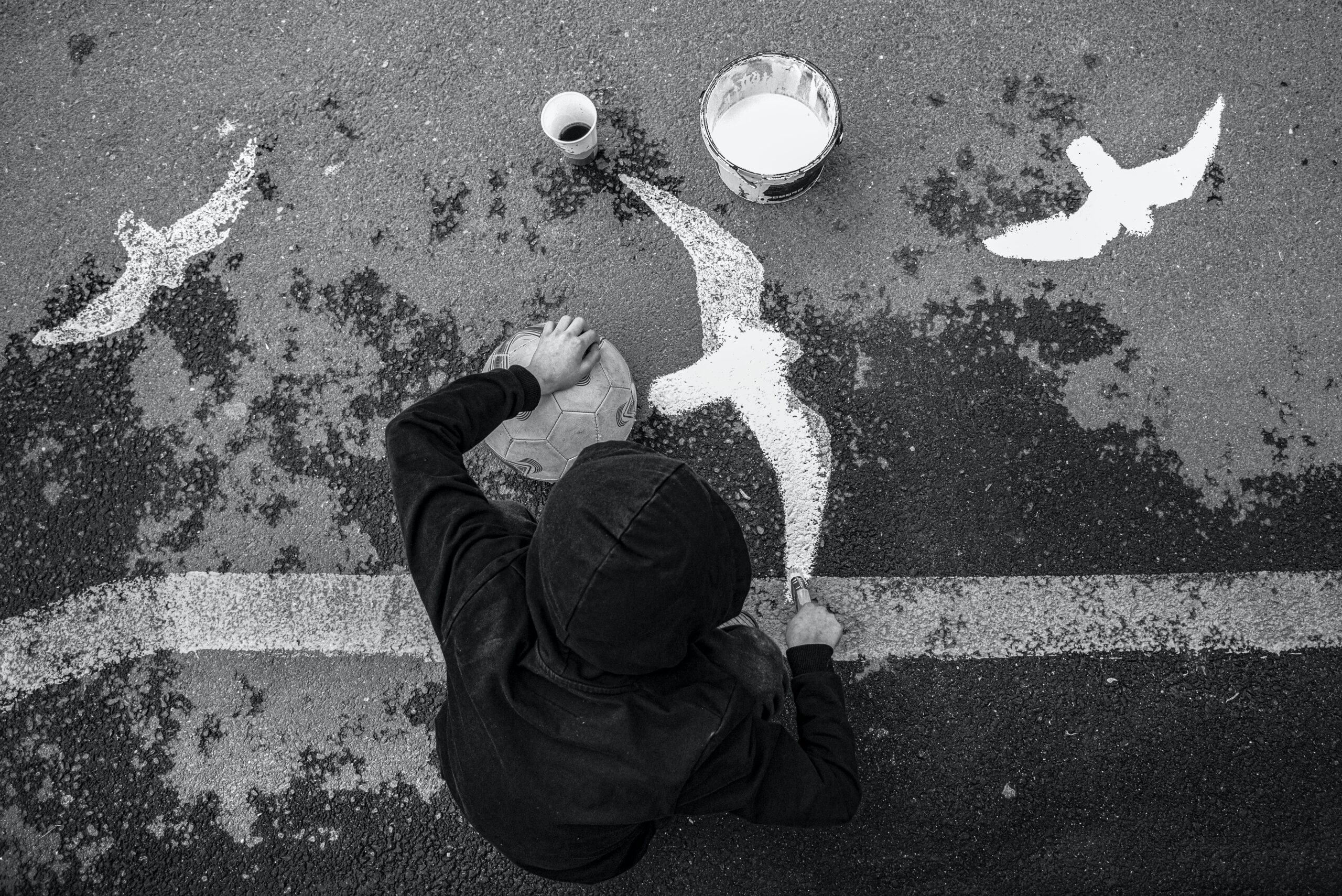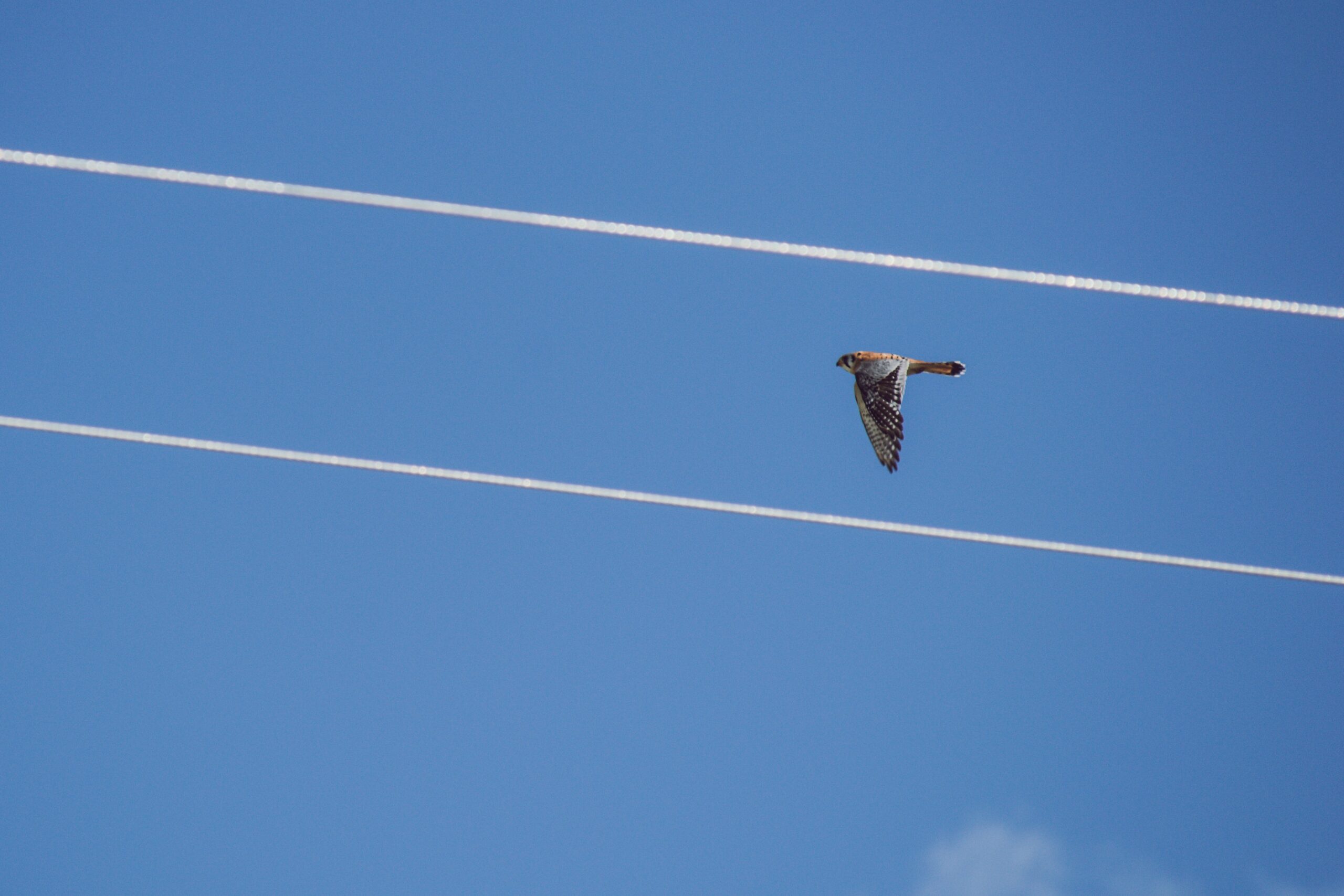executive Coach
Kathy Lu
reflections

Read it
I became aware of a distinct sensation in my head that felt like fluttering. Then, more like flapping. Like a trapped bird, frantic. I felt I was starting to panic. What to do with this bird??

Read it
Especially since the start of January, I have felt as though I’ve been in a state of anxious readiness to do something. To do what? I’m not sure.

Read it
In private and in public, we are primed to notice, if not celebrate, so many firsts. What about the lasts?

Read it
When people ask me about the overarching coaching process, I still find myself conflicted about how best to respond. In my experience, there are two kinds of answers.

Read it
“Special” would have me believe that if I am not doing utterly extraordinary things, I am only piling on to the pointless mundanity of so many human endeavors, including that of being a “coach.”

Read it
Anger is a kind of knowing, a kind of certainty, which demands action. Perhaps that is exactly why anger can be such a deeply clarifying gift.

Read it
If only it were so easy to skip experience and simply be experienced. To simply know something, act on it, and feel certain you had done the right thing or made the right choice.

Read it
Zoom in too close on the details of life, and everything is dramatically trivial. Zoom out too far on the bigger picture, and nothing matters at all. But somewhere in between is a sacred place.

Read it
Only now do I see my wondering as a strange prompt that recommits me to the present, to the life I am living right now.

Read it
Work that makes us feel alive, whole, and loved for who we are: is that too much to ask? When so much work today seems to ask everything of us, is it any surprise that we ask everything in return?

Read it
Sometimes the gift of time—the gift of being present to the experience of time, in all its multitudes—feels overwhelming.

Read it
Performance has its place, not least as a natural way to experiment and learn. But I wonder if it’s the performing of any part that prevents you from truly getting to know it for yourself.

Read it
As soon as we become aware of ourselves and others, we begin to learn and accumulate rules for living. How do we unlearn them?

Read it
My parents, my sister, and I all love to please. When we’re simply with each other, it feels like love. But when we’re all together with other people, it feels like stress.

Read it
Life is so precious, I can barely stand it. And I can barely stand being in a world that persists in pretending not to see it.

Read it
There is something in my house which has become a kind of weird, private emblem for all the parenting woes I’ve ever felt. That something is my electric toothbrush.

Read it
How is it humanly possible, I wondered, to work for most of the daylight (plus some of the nightlight) hours of (at least) every weekday for multiple decades and feel like one is living anything close to a full life?

Read it
Mid-flight, somewhere between California and New York, I woke up from a dream in which I was horrified to realize more than half of my life was likely over. I had lost years of time, without knowing where that time had gone.

Read it
I wonder how different my life might have been if I always had been wholly unafraid to use my voice. I grieve a little bit for my younger self—and for everyone who fears, even a little, to speak.

Read it
The clients I know are constantly being thrown into some kind of transition. But they don’t often see the transition they’re in. Instead, they see themselves in transit.

Read it
I was on the verge of starting to tell my team that I planned to leave at the end of January to pursue my passion for coaching. Then an unexpected email arrived.

Read it
Early on Sunday morning, one of my dad’s best friends died. I’ll call him Uncle Q. Uncle Q. and my dad and three other men have been a “gang of five” for 60 years, ever since they first met in college.

Read it
One day, I had no expectations whatsoever that we would go live somewhere else for a year. And then the next day, I was imagining a plan for doing exactly that.

Read it
If my boundaries are constantly being tested and re-negotiated, how do I define them? If I can’t define them, how do I possibly protect, let alone communicate, them?

Read it
I’ve taken up one of my favorite at-home pastimes: looking through the things I’ve saved and considering whether there’s been any change in my attachment levels. Is there anything I am now less attached to?

Read it
We are often told that sometimes all we need to do to move forward is to let go of who we once were. But sometimes the gift might just be in embracing it.

Read it
I was once taught that to be someone who only dabbles in things like a silly amateur, without ever achieving true mastery, was the worst thing I could be. Now I know better.

Read it
What is there to learn from two large stones who are sad for one hundred years, before they are happy?

Read it
Metaphors are magical. If we pay more attention to what metaphors we apply to our lives, we can understand more deeply what we’re experiencing and where we’re stuck. As we change our metaphors, we change ourselves.

Read it
I had the courage to leave corporate life to pursue, well, life, when I realized that it’s not the answer that matters, but the question—and that we are desperately in need of better questions to ask ourselves and each other.

Read it
Where it truly matters—in the living of my life, in the living of our lives—do we live the simple truth that “there is no one else” to do the living?
